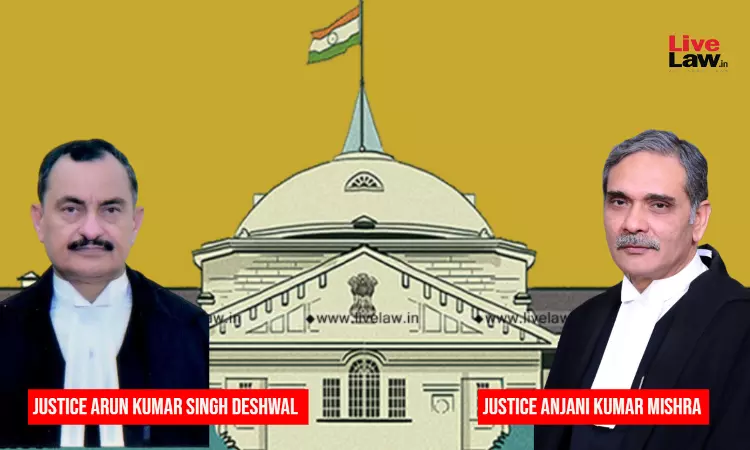Offence U/S 174-A IPC Cognizable Only Based On A Written Complaint Of Concerned Court; Police Can't Lodge An FIR: Allahabad HC
Sparsh Upadhyay
9 Jan 2024 1:35 PM IST

Next Story
9 Jan 2024 1:35 PM IST
The Allahabad High Court has held that the cognizance of an offence under Section 174A of the Indian Penal Code can be taken by a court only on a written complaint of the concerned Court (which issued the proclamation) and the Police have no power to lodge an FIR in such cases. For context, Section 174A IPC, which was introduced in 2005, criminalises the non-appearance of...
